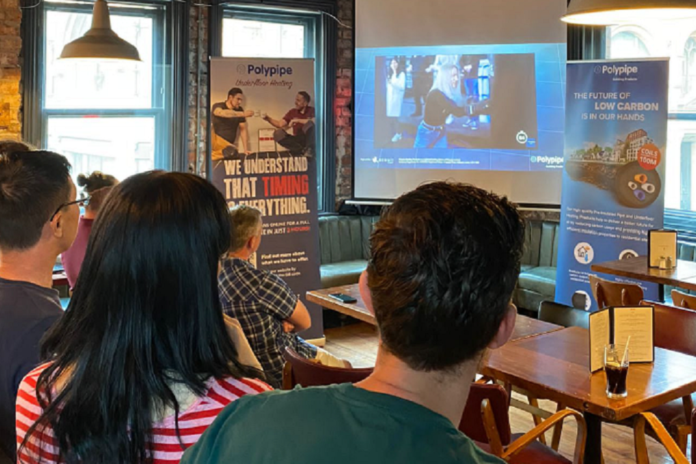
New research by Polypipe revealed that 71% of heating installers in the UK do not think that the updates to Part L are a “good step in the right direction” for the industry and 23% think that the updates to Part L need to go further to have a real impact.
This comes as the deadline to comply with the updates to Part L of the Building Regulations, which covers the energy performance of new and existing buildings, passed last month.
The survey of 150 heating installers revealed that despite welcoming the updates to Part L, 27% think that we have a long way to go to keep up with our European counterparts and 25% said that whilst they agree with the updates, they believe we need more innovation to effectively heat homes and comply with the new guidance.
The research also asked installers whether they feel that the industry has supported them through the updates to legislation. While 71% said that they have felt supported, this leaves 29% of installers who feel they lacked support from the industry during the transition period. When asked what would be most helpful to increase the usage of low energy systems in the UK, installers said that better education and more heat pump training should be top priorities to encourage the adoption of sustainable systems and technologies.
Dan Love, head of commercial at Polypipe Building Products, said: “Many across the industry have welcomed the updates to Part L and it is encouraging to see that a quarter of installers think that the regulations could even go further to ensure that we are all moving towards more sustainable methods of heating.
“However, for several years many have blamed a lack of innovation in the industry for the slow uptake of renewables. This is not the case. While innovation is undeniably a critical tool, when you look at the industry as it stands today, it is already there. We already have a number of tools, heat sources and systems that are able to operate efficiently using renewable or low energy heat sources.
“So, while it is positive to see that three quarters of installers feel that they have been well supported through the transition period, something that comes up in conversation regularly is a lack of training within the industry.
“This means that trade bodies, places of education, employers and manufacturers need to take note of this. For the industry to really shift in direction, we must ensure that installers are aware of industry innovations and are able to access the training required to diversify their skills and move towards more sustainable methods of heating homes.
“Above anything else, providing information, education and access to training is essential in supporting installers through the changes and ensuring a smooth transition.”
